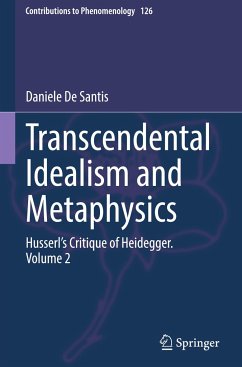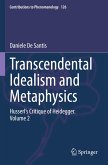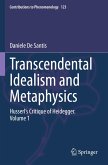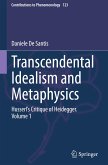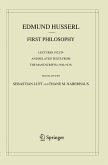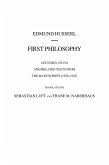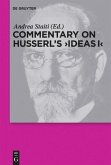Winner of the Edward Goodwin Ballard Prize as announced at the Society for Phenomenology and Existential Philosophy Meeting on September 27, 2024
The book offers a systematic reconstruction of the disagreement between Husserl and Heidegger from the former's point of view, but without falling into any form of Husserlian apologetics. The main thesis is that Husserl's critique of Heidegger's existential analytics as a form of philosophical anthropology entails a deeper fundamental thesis, namely, that Heidegger confuses the subject matter of first philosophy (the transcendental subject) with metaphysics (in the Husserlian sense of the expression). At stake in Husserl's critique of Heidegger's philosophy in Being and Time is the refusal to transcendentalize the irrational aspects of our human existence. This second volume focuses on the question of being, clarifying the distinction between ontology and metaphysics in Husserl's thought. In fact, contrary to a long-standing and established interpretive tradition, according to which Husserl's phenomenology is metaphysically neutral, the book shows to what extent Husserl always understood as the ultimate goal of his philosophizing the positive foundation of a metaphysics. This volume appeals to students and researchers.
The book offers a systematic reconstruction of the disagreement between Husserl and Heidegger from the former's point of view, but without falling into any form of Husserlian apologetics. The main thesis is that Husserl's critique of Heidegger's existential analytics as a form of philosophical anthropology entails a deeper fundamental thesis, namely, that Heidegger confuses the subject matter of first philosophy (the transcendental subject) with metaphysics (in the Husserlian sense of the expression). At stake in Husserl's critique of Heidegger's philosophy in Being and Time is the refusal to transcendentalize the irrational aspects of our human existence. This second volume focuses on the question of being, clarifying the distinction between ontology and metaphysics in Husserl's thought. In fact, contrary to a long-standing and established interpretive tradition, according to which Husserl's phenomenology is metaphysically neutral, the book shows to what extent Husserl always understood as the ultimate goal of his philosophizing the positive foundation of a metaphysics. This volume appeals to students and researchers.

